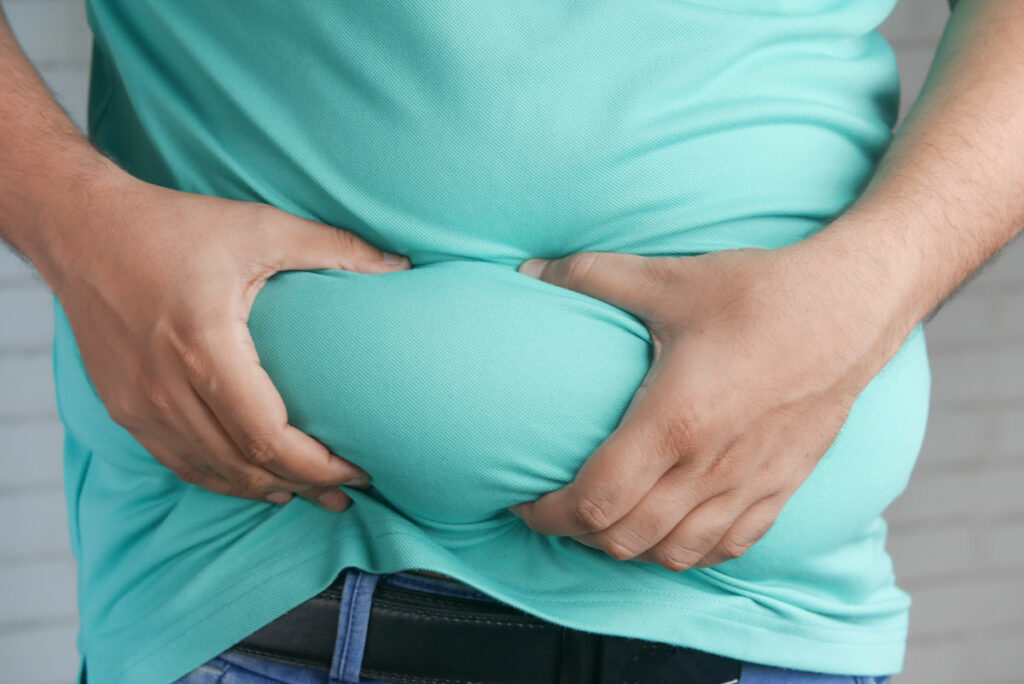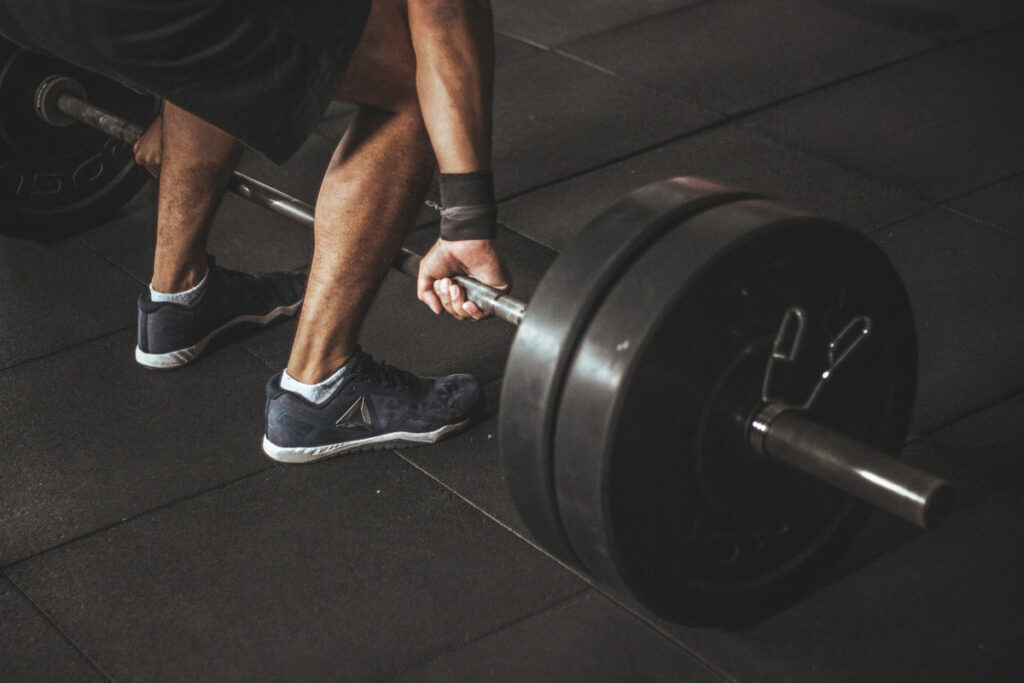Maintaining Muscle Mass, the Body’s Main Engine
What Happens To Our Muscle As We Age?
As we age, there is a natural tendency to lose muscle mass. What I mean by this is that if a person at age 25 weighs 180 pounds, and at 65 they still weigh 180 pounds, a much higher percentage of that weight will be comprised of muscle when they are younger and a higher percentage of that weight will be comprised of fat when they are older. Body composition, in almost everyone, shifts inexorably away from the formation of muscle and favors the formation of fat as we age. Of course, muscle allows us to effectively interact with, move, and manipulate our own weight, but also the weight of things in our environment. When we lose muscle mass, we become incapable of doing things which, as younger people, we did with ease. It often gets to the point, with extreme aging, that people lack the ability to do the most basic things such as stand, walk, get off a toilet, etc. In addition, you can think of the totality of your muscle mass as the main calorie burning engine in your body. If your muscle mass decreases and you continue to eat as many calories as you did as a young person, then you will inevitably gain weight. I don’t think there is any controversy or dispute about the importance and benefits of maintaining muscle mass as we age.

We tend to be less active and no longer force ourselves to do the vigorous physical activities that we once did when we were younger. These limitations, whether self-imposed or imposed by damage to our bodies, signals to the body that it need not invest scarce resources in the building and maintenance of muscle mass. Maintaining muscle mass is a metabolically expensive proposition for the body. It will not invest scarce resources without sufficient motivation. Vigorous exercise provides that motivation. There is another factor that causes us to lose muscle mass as we age. When you are younger, your body is coursing with hormones like growth hormone and androgens like testosterone and estrogen. These hormones are continually signaling to your body to build muscle mass. As we age, there is a natural decline in the production of these hormones. Consequently, for example, women go through menopause because they are no longer producing sufficient estrogen and progesterone, but particularly the former. It is also well known that most of us will produce less testosterone as we age. This is true for both men and women. Men also experience a form of “menopause” wherein they may experience more fatigue, decreased libido, declining sexual potency, and decreased muscle mass.
How To Counter Muscle Loss
Countering the negative trend of declining muscle mass requires persistence, intelligence, and a lot of work. On the dietary front, it is essential that you consume adequate amounts of dietary protein. Meat, fish, eggs, nuts, seeds and legumes are all rich sources of protein and should be consumed as the primary component of every meal. This is especially the case for women who tend to eat less protein and who are more disadvantaged than men in the hormonal arena.
Engaging in exercise that stresses your muscles will also help you maintain your muscle mass. I am talking about weightlifting, whether it be body weight or machines or free weights. You should be lifting 2 to 3 times a week and should be doing so with an intensity that leaves you a little bit sore for a day or two. High intensity interval training, particularly if you’re incorporating some resistance training with it, has been shown to stimulate the production of hormones, like growth hormone, and will help you maintain your muscle mass.

While it might be tempting to simply solve the problem of declining hormone levels by doing hormone replacement, there are more nuanced ways of at least reducing the need for such intervention. Reducing stress, minimizing caffeine consumption, avoiding toxins in the food and drink you consume can help shift the body’s priorities away from the production of stress hormones and toward the production of hormones that build muscle. A little-known fact is that the body uses the same raw materials for both sex hormones and stress hormones. It is the sex hormones that we all need to help maintain muscle mass. Therefore, anything that you do to reduce stress on the body will help you maintain muscle mass. This includes things like getting adequate sleep and overall improved nutrition. It can also be beneficial to recognize that your hormone producing glands (endocrine system) all work together in a delicate concert. Properly functioning thyroid, adrenal glands, pituitary, and hypothalamus go a long way toward helping you maintain muscle mass. The functioning of these glands can be assessed and monitored through various laboratory methods like blood and urinalysis.
The overarching concept is that the degree to which you maintain muscle mass is both an indicator of how you are aging and also a driver of the way you age. Please let the doctors at Chiropractic Health and Wellness know if you have questions or we can assist you in any way – schedule an appointment today!




